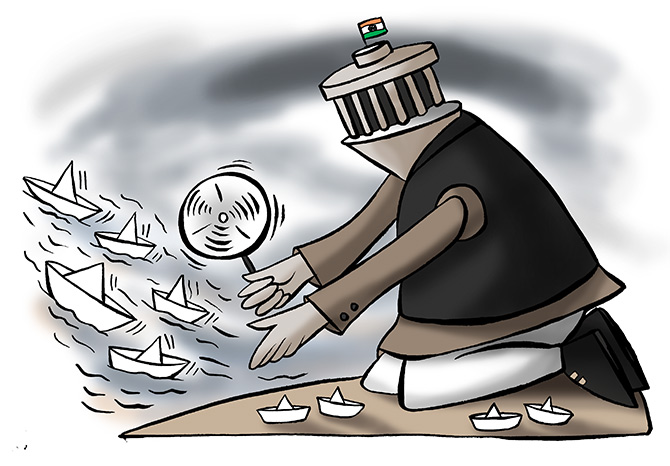Indo-Australia trade pact: Over 6000 products to get free access
The interim free trade agreement between India and Australia will come into force on Thursday, providing duty-free access to thousands of domestic goods such as textiles, and leather in the Australian market.
The agreement will help almost double the bilateral commerce to $45-50 billion in around five years, according to exporters and industry players.
The Economic Cooperation and Trade Agreement (ECTA), which was signed on April 2, would provide duty-free access to Indian exporters of over 6,000 broad sectors, including textiles, leather, furniture, jewellery and machinery in the Australian market.
Labour-intensive sectors which would gain immensely include textiles and apparel, a few agricultural and fish products, leather, footwear, furniture, sports goods, jewellery, machinery, and electrical goods.
Federation of Indian Export Organisations (FIEO) vice-president Khalid Khan said that Australia is one of the key markets for Indian exporters.
“This agreement will give immense opportunities from Day 1 of implementation that is December 29 for us,” Khan said.
Under the pact, Australia is offering zero-duty access to India for about 96.4 per cent of exports (by value) from the Day 1.
This covers many products that currently attract 4-5 per cent customs duty in Australia.
India’s goods exports to Australia stood at USD 8.3 billion and imports from the country aggregated to $16.75 billion in 2021-22.
Tariffs on 85 per cent of Australia’s exports to India will be eliminated from Thursday.
“India and Australia signed the ECTA) on April 2 which will come into force on December 29,” Minister of State for Commerce and Industry Anupriya Patel informed Parliament on December 16.
As the initial part of the agreement – ECTA – is coming into force, now both countries would start negotiations to widen the scope of the agreement.
Meanwhile, the Directorate General of Foreign Trade (DGFT) has notified the procedure for allocation of tariff rate quotas (TRQ) for certain products, including lentils, oranges and pears under the agreement.
Sanjay Budhia, chairman – CII’s National committee on EXIM and managing director of Patton International Ltd, said that Australia and India are increasingly working together as strategic and economic partners.
“India Australia ECTA is a ground-breaking agreement that will leverage the industry to capitalize the enormous untapped potential.
“The agreement is expected to boost investments, enhance market access, create additional job opportunities, and most importantly strengthen the bilateral ties of two important players in the Indo-Pacific region,” he said.
Budhia added that the major boost for India would be in its labour-intensive sectors, which are currently subject to import duty of 4-5 per cent by Australia, and will gain immediate duty-free access.
The agreement is expected to lead to $10 billion jump in India’s merchandise exports by 2026-27 and would help in creating additional 10 lakh jobs in India and more job opportunities in Australia, CII stated.
Besides providing cheaper raw materials to many sectors including steel and aluminium from Australia, the ECTA would also facilitate increased investments from Australia and will support Indian manufacturing, it said.
CII also expects that the deal would provide large Indian IT companies to increase their involvement in Australian government projects.
India, on the other hand, is providing zero-duty access to Australia for 70.3 per cent of its tariff lines (40.3 per cent tariff lines from Day 1 and the remaining 30 per cent in a phased manner), CII said.
India has offered zero duty access on coal, alumina calcined, manganese ore, copper concentrates, bauxite, sheep meat, rock lobster, macadamia nuts, cherries, and wool.
For all the latest business News Click Here

